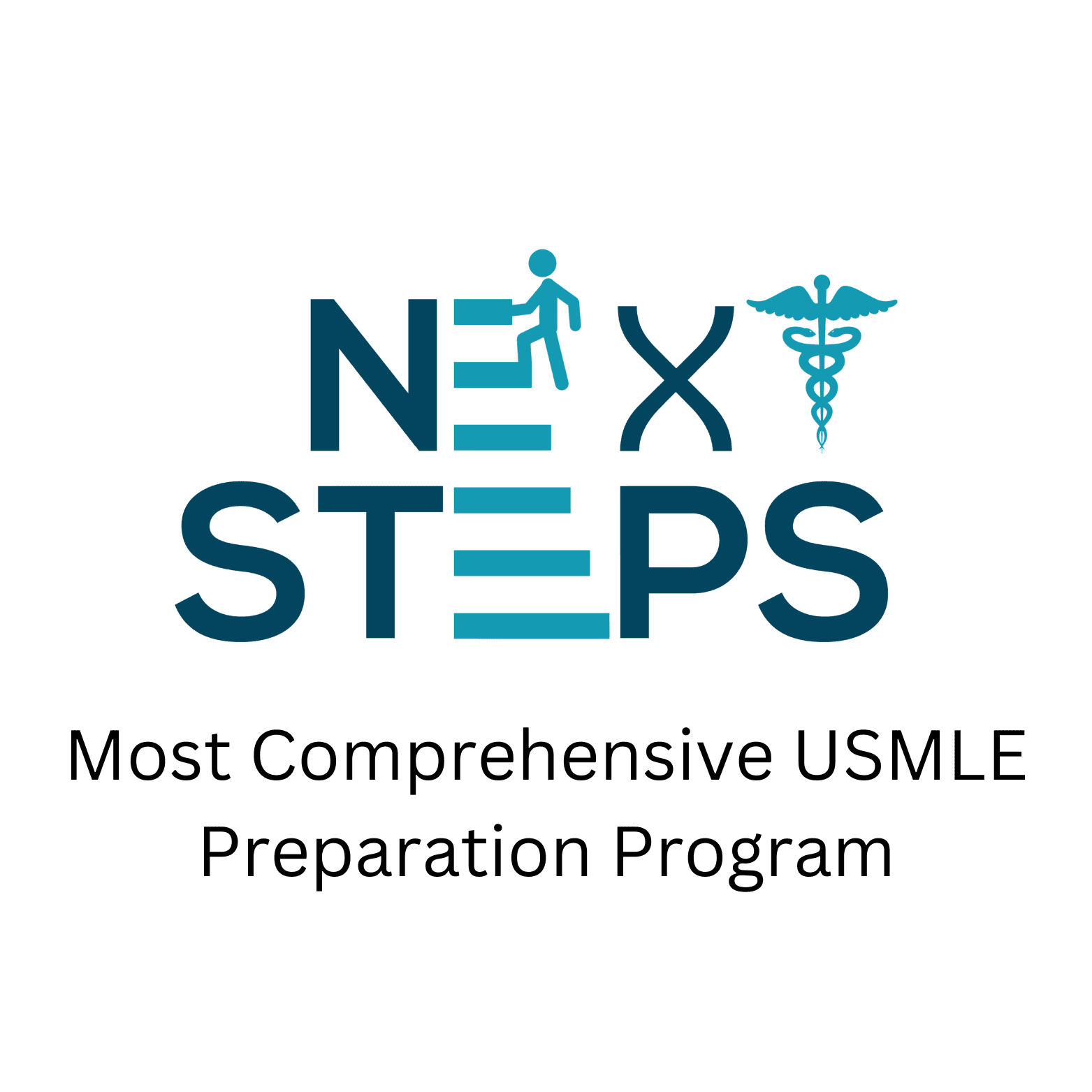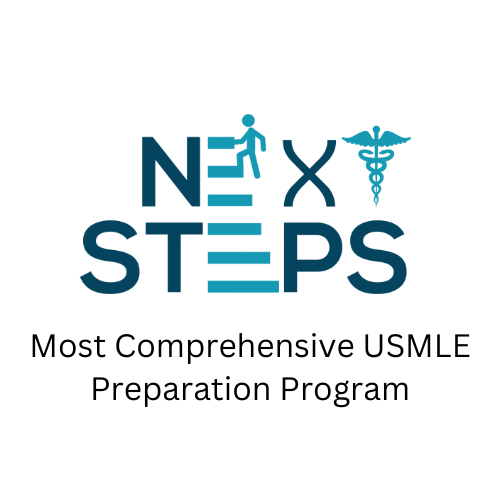Introduction
The residency match season is a pivotal period in the lives of medical graduates, marking the transition from medical school to the next phase of their careers. The process of applying and participating in the match can be both exciting and challenging. This blog post will provide a comprehensive step-by-step guide to the residency match interview preparation.
1. Self-Assessment and Specialty Selection
-
- Start by conducting a comprehensive self-assessment to identify your strengths, interests, and career goals.
-
- Explore different medical specialties, considering lifestyle, patient populations, and work settings.
-
- Seek guidance from mentors and advisors to help you make an informed decision about your specialty choice.
2. Research Programs
-
- Research residency programs that match your chosen specialty and career aspirations.
-
- Use resources such as the Electronic Residency Application Service (ERAS) and the Accreditation Council for Graduate Medical Education (ACGME) website to find accredited programs.
-
- Consider factors like program location, reputation, faculty, and the clinical experiences offered.
3. Gather Required Documents
-
- Collect your academic transcripts, USMLE scores, letters of recommendation, and a well-crafted personal statement.
-
- Ensure all your documentation is complete, accurate, and up-to-date.
4. Write Your Personal Statement
-
- Craft a compelling personal statement that reflects your passion for your chosen specialty and your motivations for pursuing a career in that field.
-
- Seek feedback from mentors and peers to refine your statement.
5. Letters of Recommendation
-
- Secure strong letters of recommendation from faculty members, mentors, or supervisors who can speak to your abilities and character.
-
- Request letters well in advance to give your recommenders ample time to write and submit them.
6. ERAS Application
-
- Create an account on the ERAS website and complete the application, providing detailed information about your education, clinical experiences, and extracurricular activities.
-
- Review your application for accuracy and completeness before submission.
7. Program Selection and Interview Invitations
-
- Select programs you want to apply to through ERAS and submit your applications.
-
- Wait for interview invitations from programs that are interested in your application.
-
- Respond promptly to interview invitations and schedule interviews.
8. Interview Preparation
-
- Prepare thoroughly for your interviews by researching the programs, understanding their values and culture, and crafting thoughtful questions for your interviewers.
-
- Consider conducting mock interviews with mentors or advisors to hone your interview skills.
9. Rank Order List
-
- After interviewing at various programs, create a rank order list of the programs where you would like to train.
-
- Rank programs based on your preferences, but consider your likelihood of matching at each program.
10. The Match
-
- Submit your rank order list to the National Resident Matching Program (NRMP) by the specified deadline.
-
- The NRMP will use a computer algorithm to match applicants with programs based on their preferences and the program director’s preferences.
11. Post-Match Communication
-
- After the match results are announced, contact the program where you matched to confirm your acceptance and discuss further details.
12. Preparing for Residency
-
- Complete any outstanding requirements, including obtaining medical licensure, immunizations, and background checks.
-
- Transition into your residency program by familiarizing yourself with the program’s policies, procedures, and expectations.
Conclusion
The residency match season is a transformative and exciting period in a medical graduate’s journey. By following this step-by-step guide, you can navigate the application process with confidence and make informed choices to secure a residency position that aligns with your career aspirations. Remember that residency match interview preparation and attention to detail are key to a successful match process, and seeking guidance from mentors and advisors can be invaluable in this phase of your medical career. Good luck!





